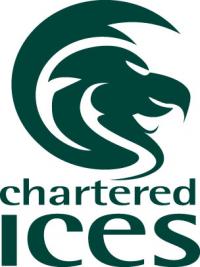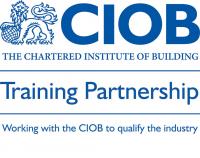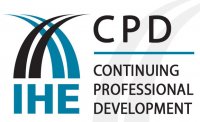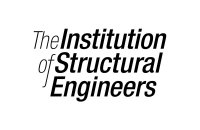Overview:
The role of the Supervising Civil Engineer (SCE) and Delegated Engineer (DE) is central to the effective implementation of the Initial Professional Development (IPD) of aspiring Chartered, Incorporated, Associate or Technician Members. This course will enable delegates to become fully aware of the requirements of and skills needed by a proficient SCE/DE.
Aims & Objectives:
The SCE takes on the mantle of Project Manager and as such takes responsibility for bringing the "project" to successful fruition. One of the problems faced by SCEs is that there are three different 'clients' to cater for - the employee, the employer, and the ICE Reviewers. Each has a different agenda, The SCE has to balance conflicting desires - as every good Project Manager very often does.
The course is designed to enable delegates to develop the skills, ability and knowledge to become a competent SCE/DE.
On completion of the course, the SCE/DE should be able to advise all trainees on appropriate routes, preparation and completion of IPD, the necessary recording of progress, and eventual "sign-off" of the Agreement, and have prepared the candidate for her/his Professional Review Day.
The course is run as an interactive Project Management (PM) exercise - embracing good PM practices, exemplar situations, and extensive interactive discussion.
Group and individual exercises will be used as appropriate throughout the
day.
Course Outline:
Course Outline:
- A clear understanding of the aspirations and targets of each "client"
- Membership Guidance Notes (MGNs) - understanding the specifications
- Brief outline of other (alternative or additional) routes to membership, eg TRR, AMICE, CEnv
- Time, resources, and costs associated with effective training
- Understanding the academic bases for each qualification, and how the various academic/work experience combination models work, leading to qualifications
- What constitutes a successful outcome?
- Clear grasp of the various stages in a well-managed IPD Scheme
- A detailed appreciation of the "Attributes" sought for each qualification
- Differentiating between the roles of the SCE and the DE
- Differentiating between the requirement and scheduling of the Training Agreement and the Annual/Final Reviews within them
- How does the alternative Career Appraisal process work? What can the SCE do to help?
- The characteristics of a good Mentor
- Work Breakdown Structure:-
- Briefing the employee - choice of appropriate path
- The Attributes
- The Training Plan - creating/managing an effective schedule
- IPD and how to achieve it today
- The Training Record
- The Annual Review
- The Final - "Sign-Off" - Review
- Duration of Agreement and ways to minimise it
- Keeping Track
- Developing an effective logging system
- Monitoring milestones - regular assessment
- Regular contact/liaison with DE
- Identifying the employee's readiness for IPD completion
- The Final Review ("Sign-off")
- Completion of documentation for Professional Review (PR) application
- Preparation of Reports for PR
- Preparation of the employee for PR
- Understanding of "what it is that the Reviewers are looking for"
- Post-Project Appraisal
"From knowing the bare minimum at the start of the day, knowledge has
been greatly increased".
Intended For:
- newly appointed SCEs and DEs
- a refresher course for existing SCEs and DEs
- updating managers on the latest requirements for qualifying employees
Delegates will leave the course with a course folder with a considerable amount of useful, practical, information regarding their role and for their workplace. Delegates would achieve maximum advantage from the course, if, before arrival, they:
- familiarise themselves with their own Organisation's Training Scheme and its provisions
- collect together any individual experiences, circumstances or examples
which would assist analysis, and promote debate and discussion








